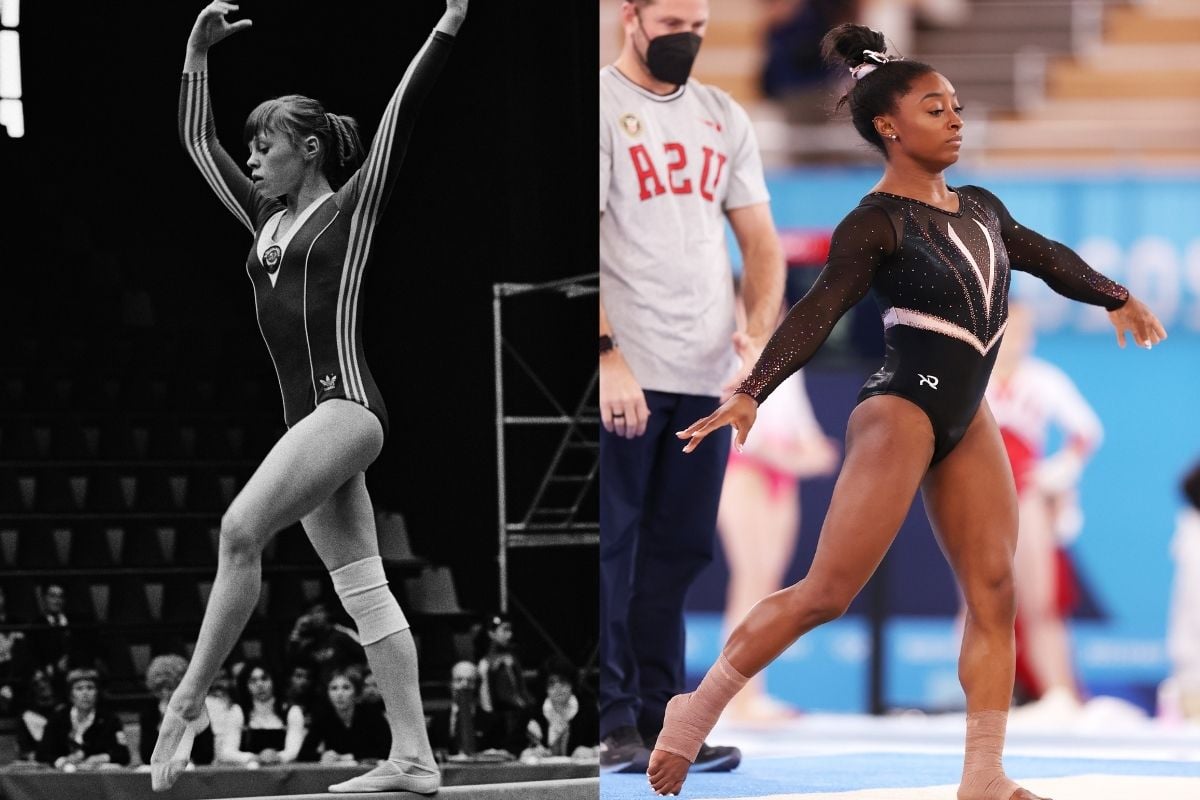
This week, four-time Olympic champion and golden girl of Team USA Simone Biles pulled out of the 2021 Olympics. The move shocked the world.
Biles had walked into Tokyo being called the “greatest gymnast of all time,” carrying the hopes and dreams of her country on her back. The expectation was huge.
Watch: Susie O'Neill on her 'failure' at the Sydney Olympics. Post continues below.
However, in Tuesday's Olympic women's gymnastics team final, thousands of people watched on as Biles lost her bearings in the middle of a vault, grimacing as she shakily landed on her feet.
She later reappeared on the sideline to support her fellow teammates, but not to compete. USA Gymnastics released a statement confirming she had withdrawn with a "medical issue".
Along with an outpouring of support for the 24-year-old's decision, there was one question on everyone's lips:
"Why did Simone Biles quit?"
While there was speculation as to whether Biles had obtained a physical injury, the athlete later shared that her decision was one that was based on mental health.

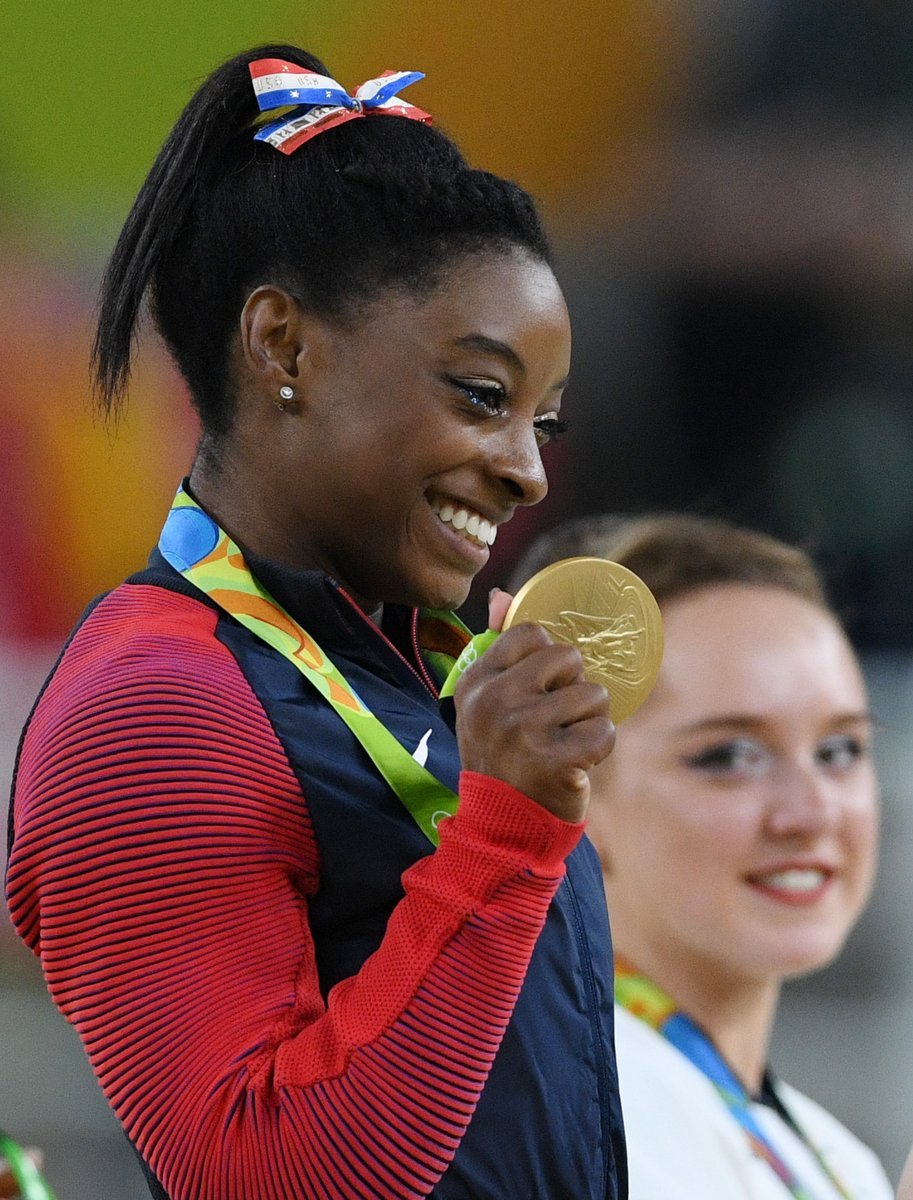
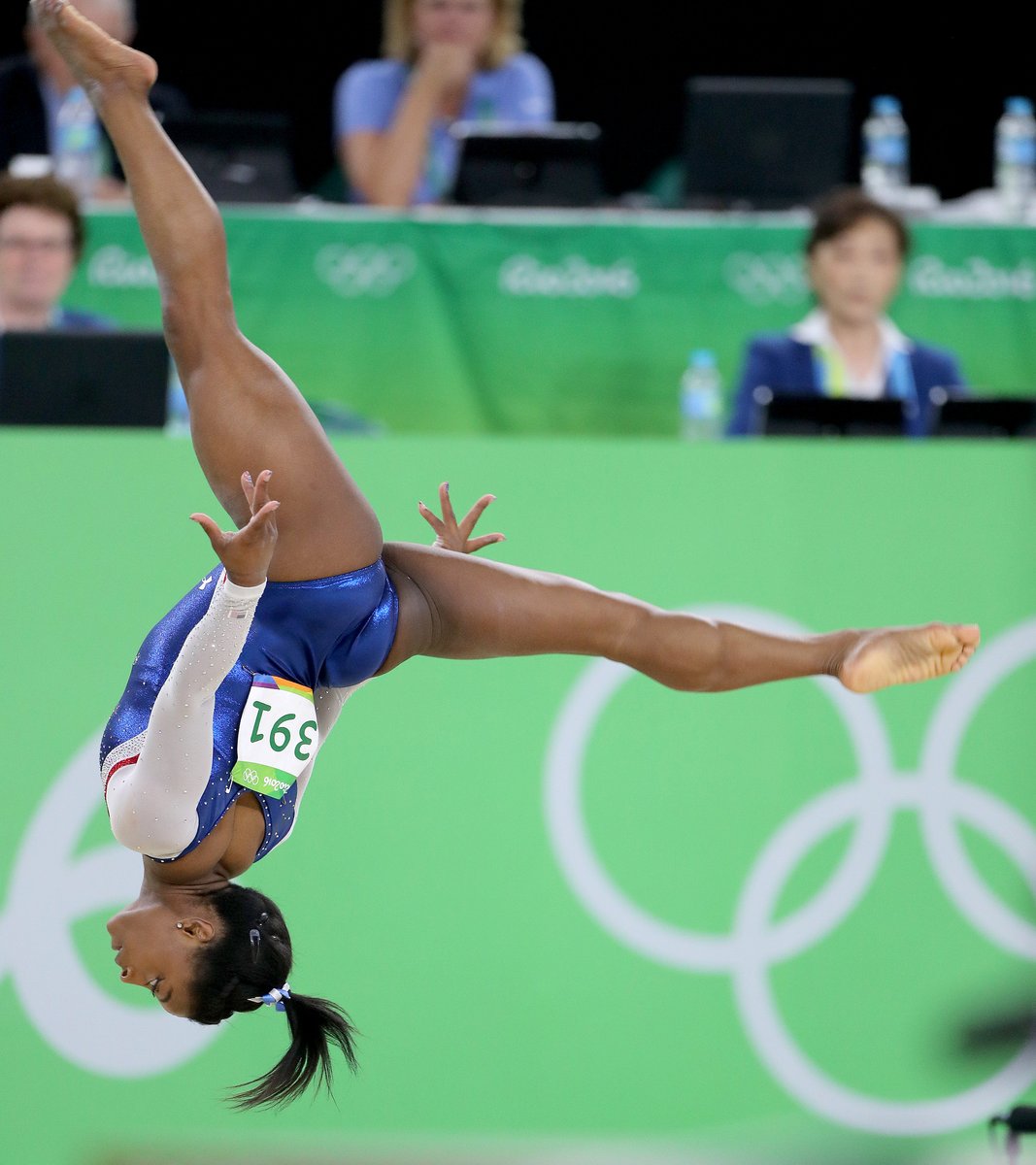
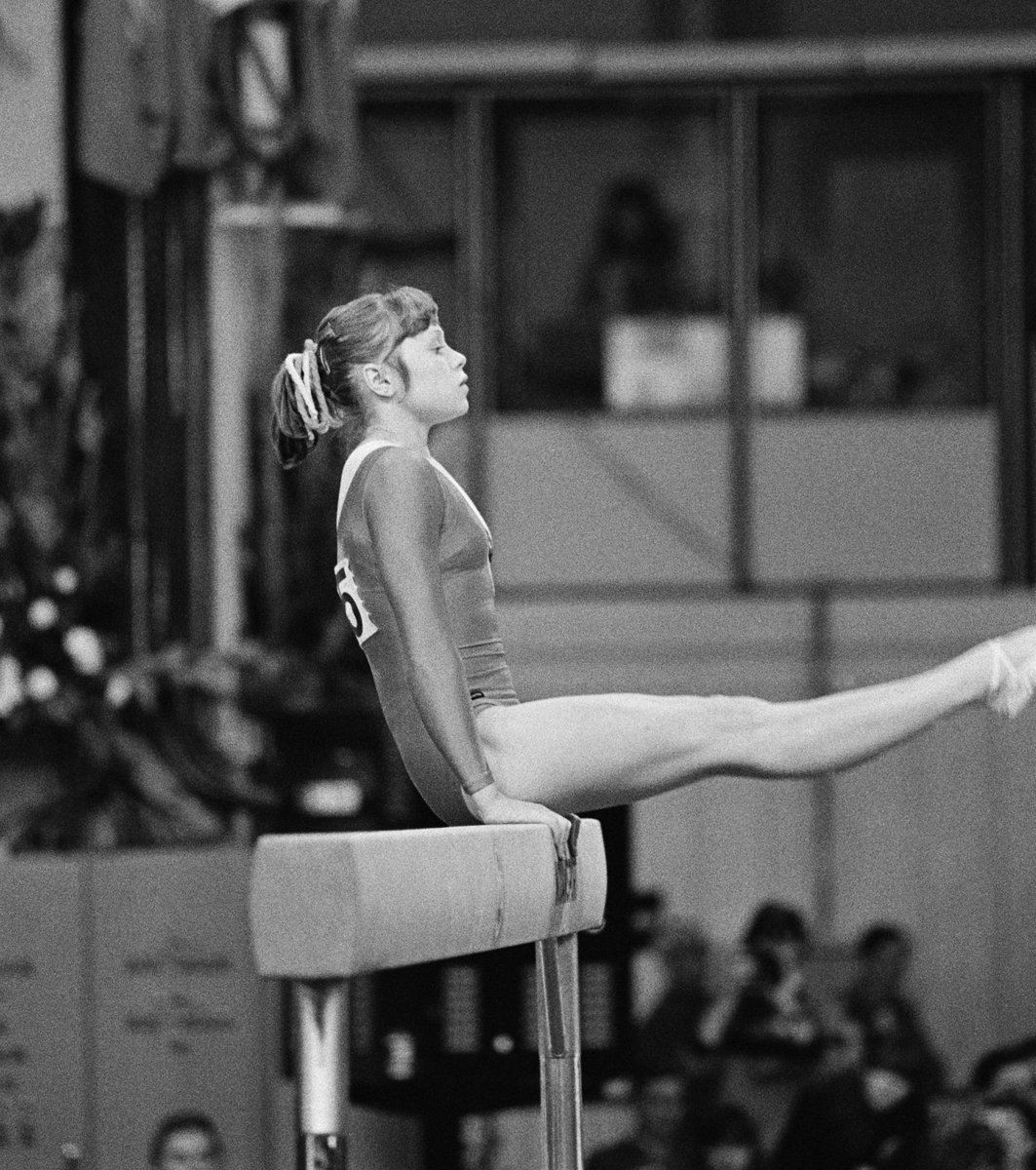
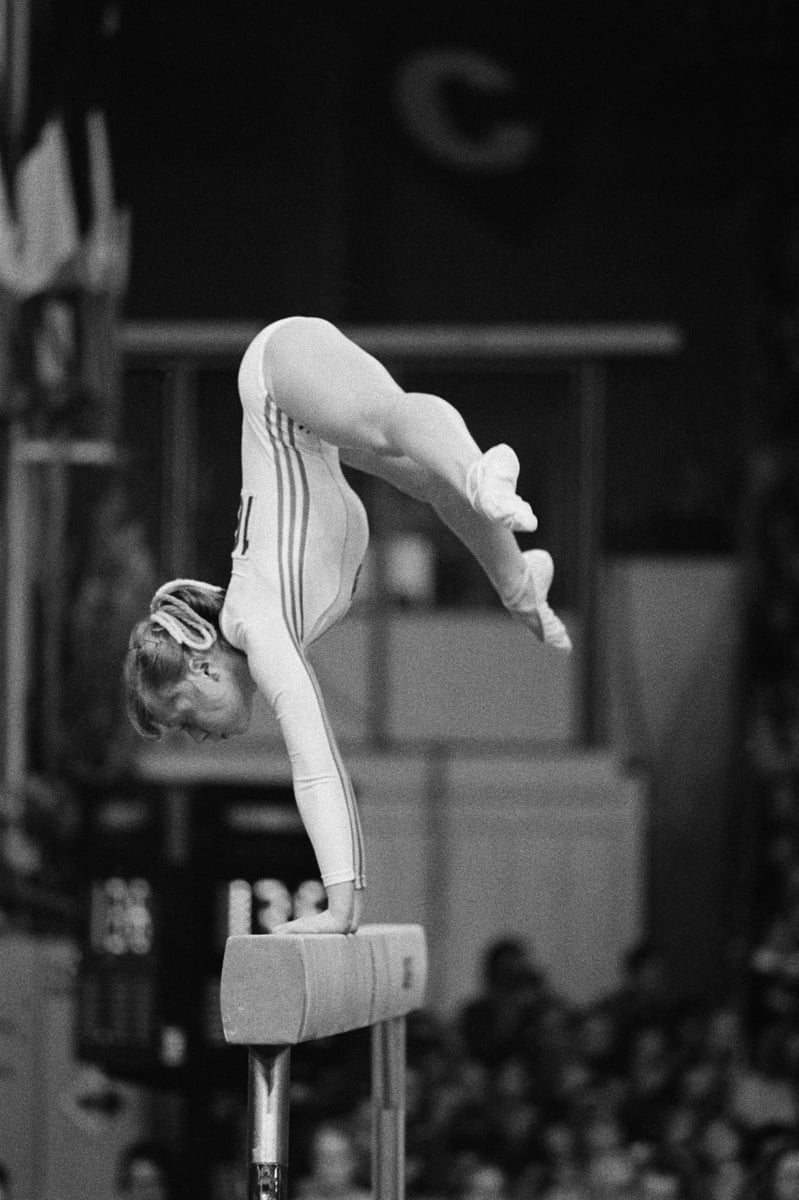
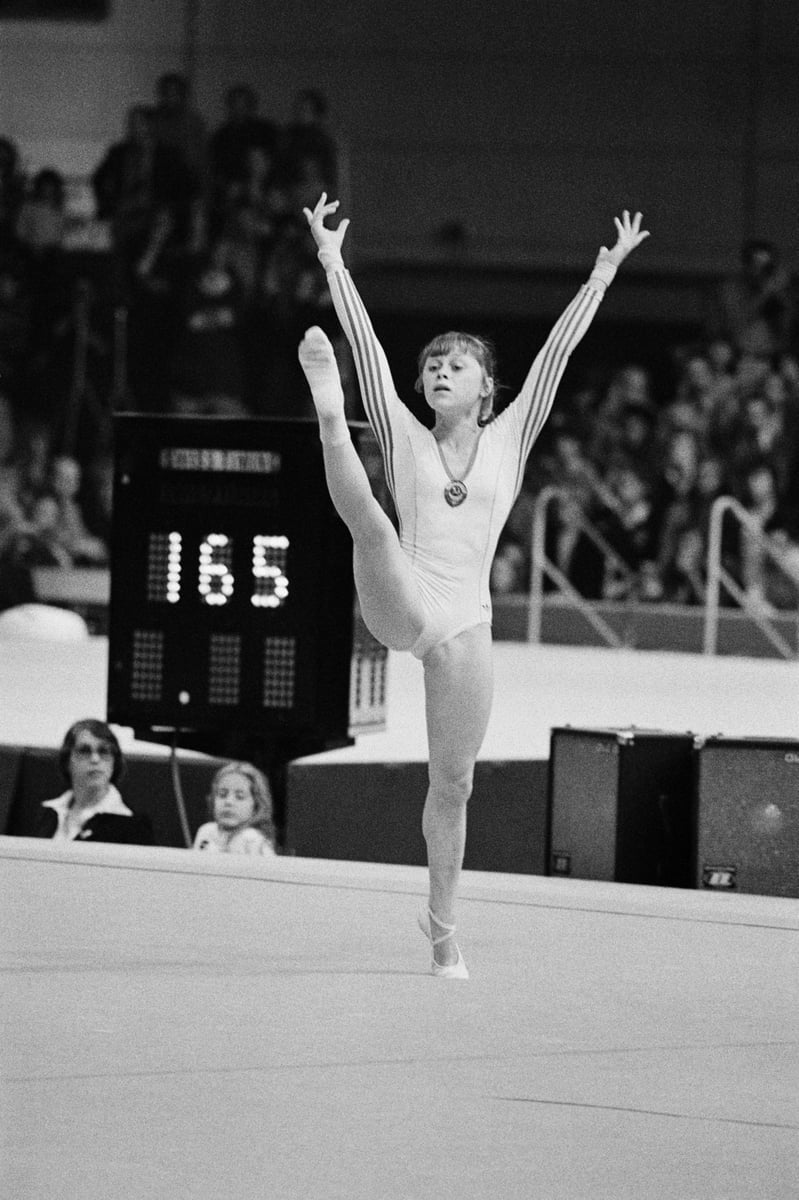

Top Comments